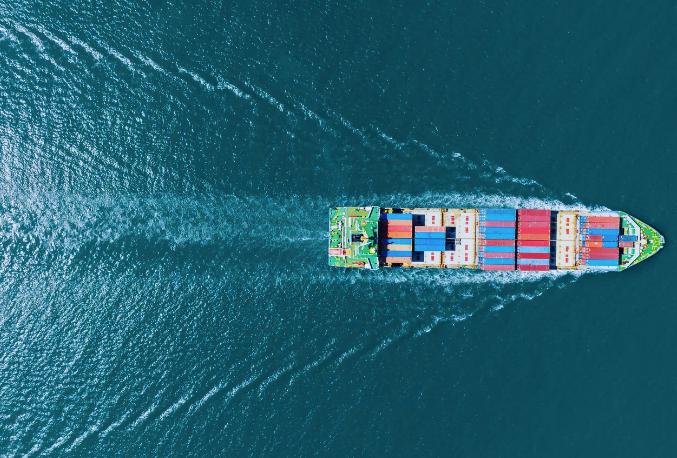In an era marked by globalisation and the relentless flow of goods across borders, the Customs Compliance Officer emerges as a pivotal figure in ensuring that trade operations adhere to complex regulatory frameworks.
Key Responsibilities
At the core of a Customs Compliance Officer's daily duties is the meticulous oversight of an organisation's adherence to international trade laws and regulations. This involves a series of critical tasks, including:
- Regulatory Compliance: Ensuring all import/export activities comply with international laws, preventing legal infringements that could lead to financial penalties or operational disruptions.
- Documentation and Audits: Managing comprehensive records of all trade transactions and conducting regular audits to identify and rectify any compliance issues.
- Classification and Valuation: Accurately classifying goods as per the Harmonised System (HS) codes and verifying their valuation to prevent underpayment or overpayment of duties.
- Training and Advisory: Offering guidance and training to company staff on customs regulations and changes in trade policies to foster a culture of compliance.
Necessary Skills
Success as a Customs Compliance Officer demands a robust skill set and deep knowledge base, including:
- Regulatory Expertise: Profound understanding of customs regulations, trade agreements, and tariff systems to navigate the intricacies of international trade law.
- Attention to Detail: Exceptional precision in scrutinising documents and processes, ensuring all trade activities meet regulatory standards.
- Analytical Abilities: Capacity to interpret complex regulations and analyse trade data to make informed decisions and optimise compliance strategies.
- Interpersonal Communication: Proficiency in communicating effectively with various stakeholders, from government officials to corporate teams, facilitating understanding and compliance across the board.
Industry Insight
The role of Customs Compliance Officers is increasingly pivotal amidst shifting trade landscapes. They are the linchpins in safeguarding companies against the repercussions of non-compliance, such as financial penalties and reputational damage. Moreover, as governments globally tighten trade regulations to counter illicit activities and protect domestic industries, the demand for skilled compliance professionals’ surges.
Emerging technologies, including blockchain and AI, are revolutionising customs compliance by enhancing accuracy and efficiency in trade documentation and verification processes. Customs Compliance Officers must stay abreast of these developments to leverage technological advancements in bolstering compliance mechanisms.
Moreover, the ever-evolving nature of trade agreements and regulatory revisions, spurred by economic, political, and environmental factors, requires these officers to maintain continuous learning and adaptability. Their adept navigation through these changes is instrumental in securing seamless market access and sustaining competitive advantages for their organisations.





